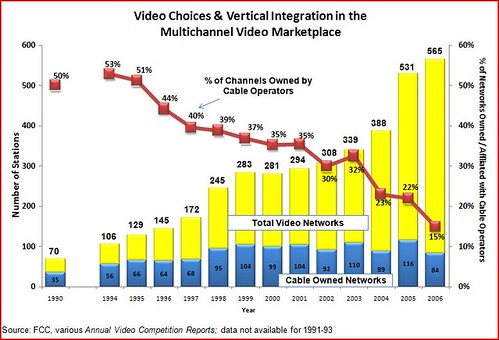I’d like to commend the new report from Rob Atkinson and ITIF, Boosting European Prosperity Through the Widespread Use of ICT. The report finds that information and communications technology (ICT) is essentially the vitamin D for supporting the kind of productivity growth that stimulates economic prosperity.
It prescribes 5 five healthy principles for European policymakers to promote greater ICT into their daily lives:
1. Integrate ICT into all industries instead of just focusing on replacing lower productivity industries;
2. Use tax incentives and tariff reductions to spark ICT investment;
3. Support early stage research in emerging ICT areas;
4. Encourage basic computer and Internet skills;
5. Dismantle laws and regulations that protect offline incumbents from online competitors.
However, as it is Europe we’re dealing with here, let me caution policymakers against turning these principles into industrial policy–particularly #s 2, 3 and 4.
I can envision enterprising advocates pushing–through legislation and regulation–open source and open standards as the solution for creating incentives for greater ICT uptake. Not that there’s necessarily anything wrong with open source/standards. I just have a problem with using politicized, and not market, forces to advantage some business models over others. I’ve discussed this before in previous postings on the European Commission’s flawed study on promoting the use of Free / Libre / Open Source Software (FLOSS) in the European Union.
The cell phone industry serves as a good case study on the long-term innovative effects of prescribing a a universal technology standard.




 The Technology Liberation Front is the tech policy blog dedicated to keeping politicians' hands off the 'net and everything else related to technology.
The Technology Liberation Front is the tech policy blog dedicated to keeping politicians' hands off the 'net and everything else related to technology.